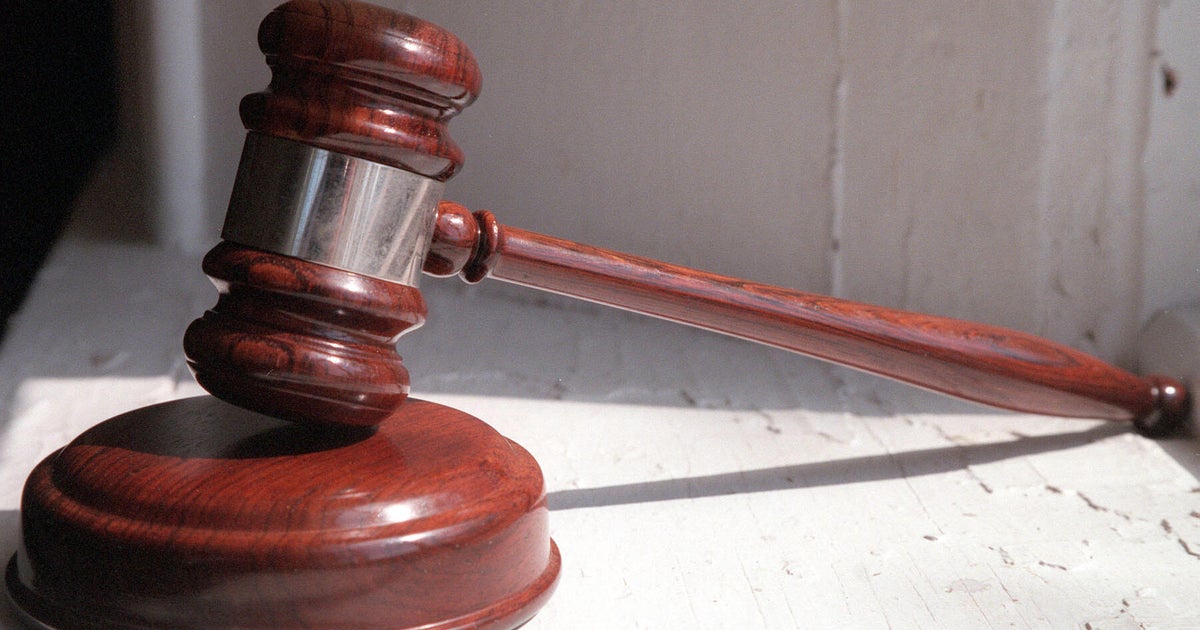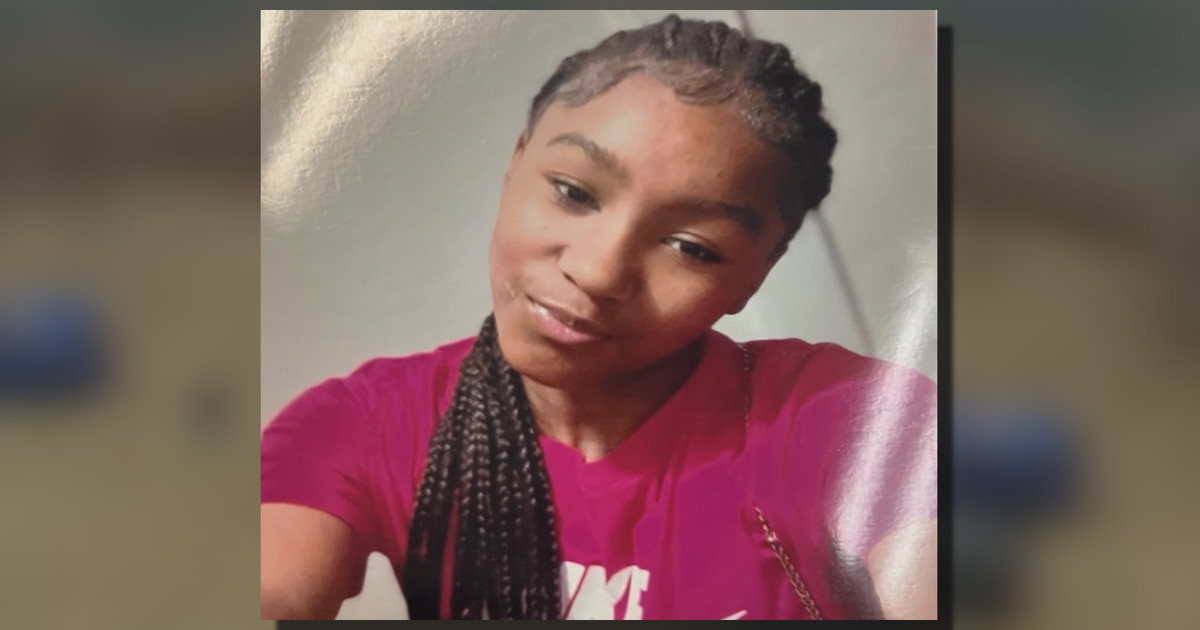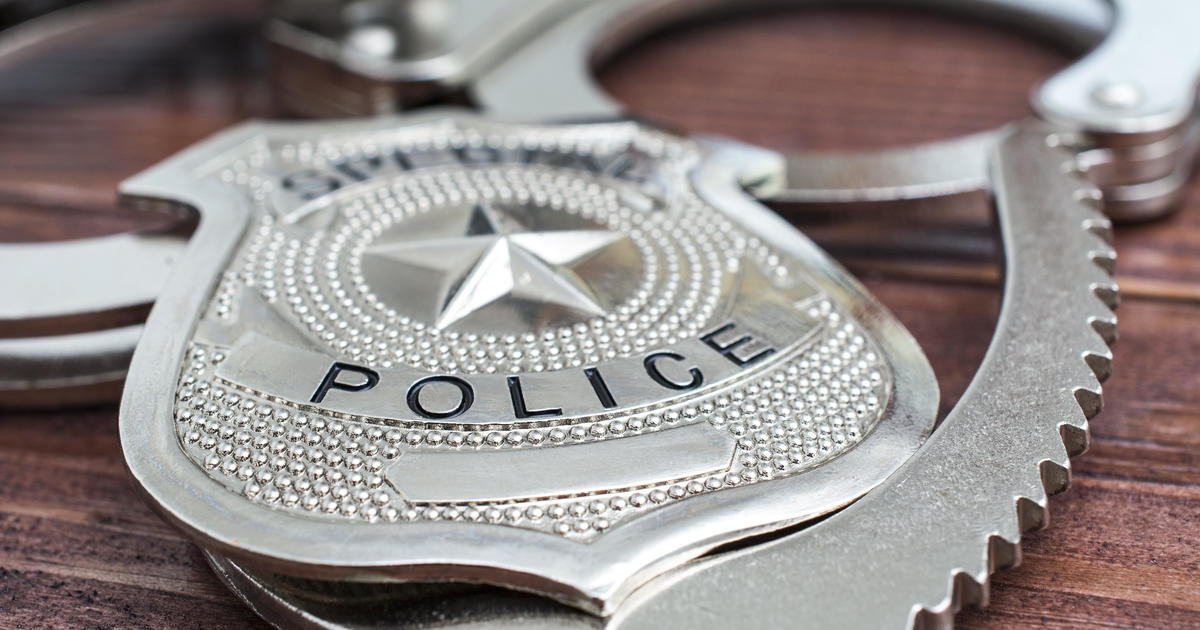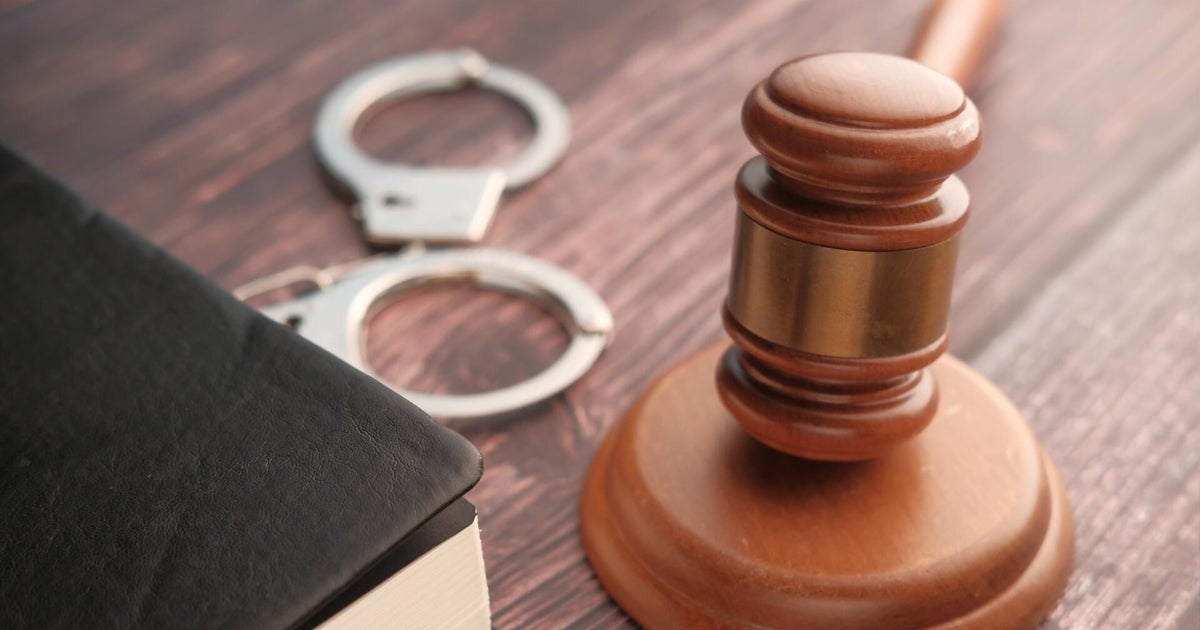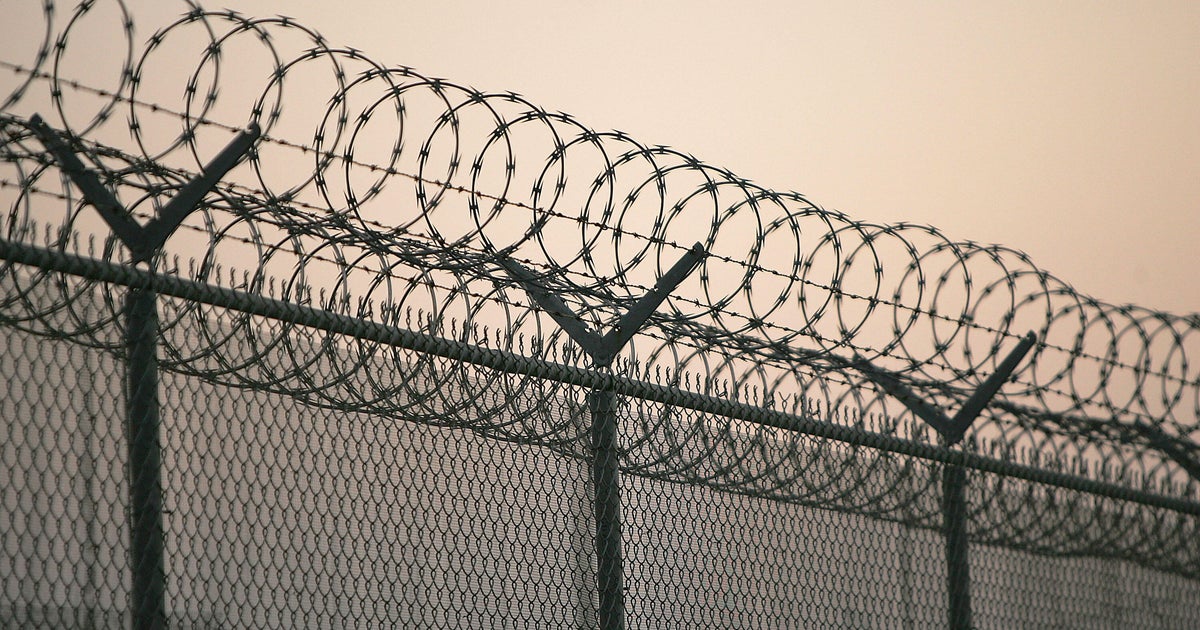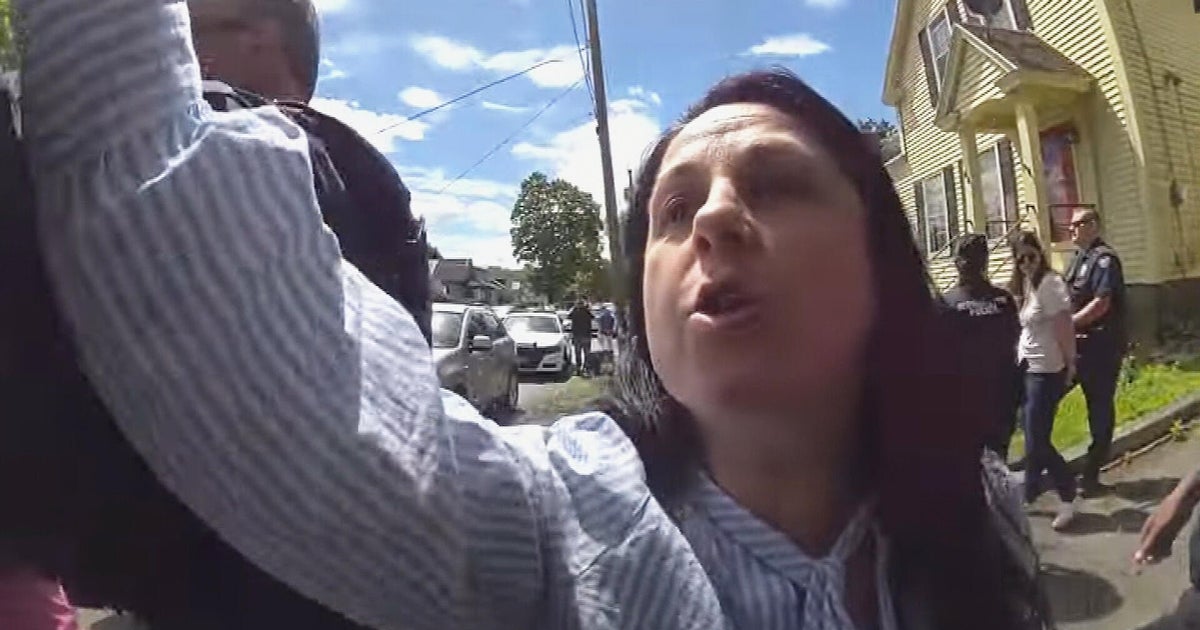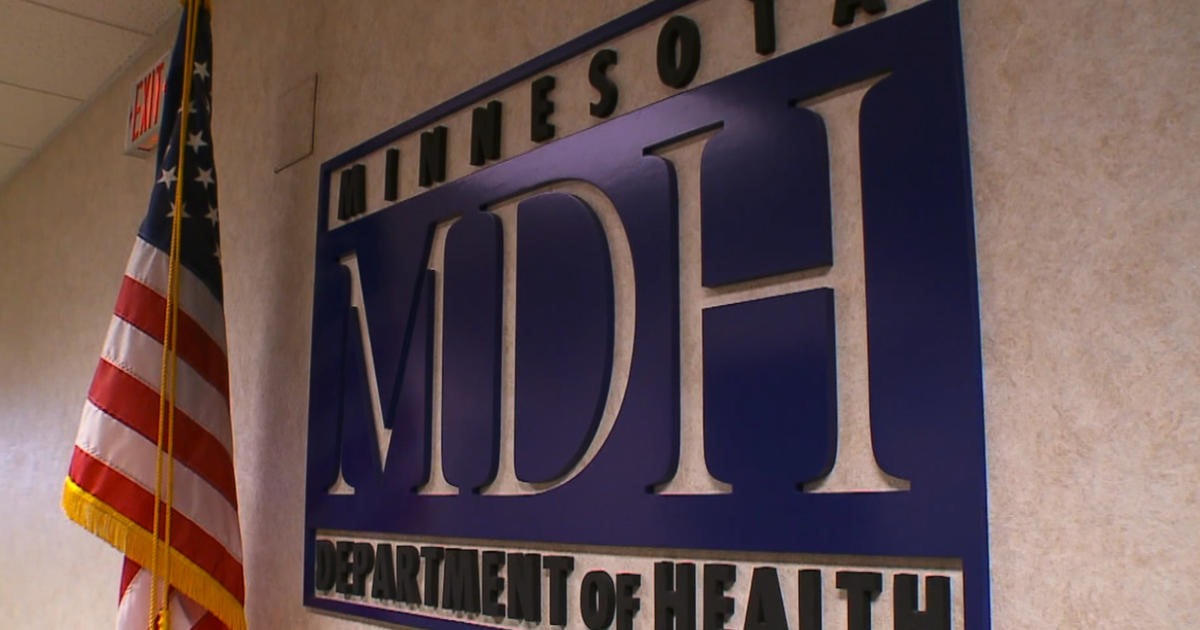Minn. High Court Allows Experts In Some Rape Cases
MINNEAPOLIS (AP) -- A new state Supreme Court ruling could give prosecutors across Minnesota another tool as they present certain types of rape cases to juries.
In a 24-page ruling Thursday, the state's highest court said that in cases where a defendant is claiming consensual sex, a lower court has discretion to decide whether prosecutors can offer expert testimony that deals with how rape victims might behave after an attack, if that testimony will help educate a jury.
Specifically, some victims might delay reporting a rape, or there might be no physical evidence of a sexual assault. The court record shows many people wrongly believe a rape victim would fight, be severely injured, or go to authorities immediately, and expert testimony on typical victim behavior could help jurors understand, the justices said.
The Supreme Court issued its opinion because it said judges throughout Minnesota were interpreting prior case law too broadly, and categorically barring prosecutors from presenting expert testimony about typical behavior of rape victims.
"Under these circumstances, when our precedent is being misapplied in a large number of cases on an important issue of statewide concern, we conclude that this case warrants exercise of our supervisory power to ensure the fair administration of justice to address this evidentiary issue," the justices wrote.
Justices David Stras and Alan Page disagreed with the majority opinion, saying the Supreme Court lacked jurisdiction, and leaped over the proper process to issue the ruling.
The ruling brings Minnesota in step with 48 other states that allow such expert testimony in rape cases. Minnesota already allows such testimony in cases of domestic abuse or sexual assaults of children.
The opinion was issued in the case of a man accused of raping a woman in 2007. The woman didn't report the incident for hours and had no vaginal injuries. The defendant was convicted, but the appeals court sent the case back for a new trial, saying the lower court erred in allowing a nurse and police officer to talk about typical behaviors of rape victims. The appeals court cited the 1982 case law -- which the Supreme Court says is being misapplied.
"This will allow us to take a much broader perspective on some of these cases," Ramsey County Attorney John Choi said of Thursday's decision. "It's great for victims to know that prosecutors will be able to better explain and educate the jury on the issues that would be raised by the defense. ... Ultimately this expert testimony is going to be helpful to a jury."
Marsh Halberg, a defense attorney who has handled many criminal sexual assault cases and reviewed the Supreme Court decision for the AP, said he wasn't surprised by the ruling, because most states allow this expert testimony.
But tactically, he said, he was "amazed" that the justices circumvented the process, which normally requires the state to show that leaving evidence out would have a critical impact on their case.
Halberg also pointed to the dissent of Stras and Page, who noted that even without expert testimony, the victim in this case had a chance to explain her behavior -- she testified she didn't go to authorities immediately because she was scared, did not know if she wanted to go through a trial, and she felt ashamed.
Halberg said the issue of consent is a common defense in sexual assault cases, and this decision allows prosecutors to bring in experts to buttress a victim's credibility.
(© Copyright 2011 The Associated Press. All Rights Reserved. This material may not be published, broadcast, rewritten or redistributed.)
